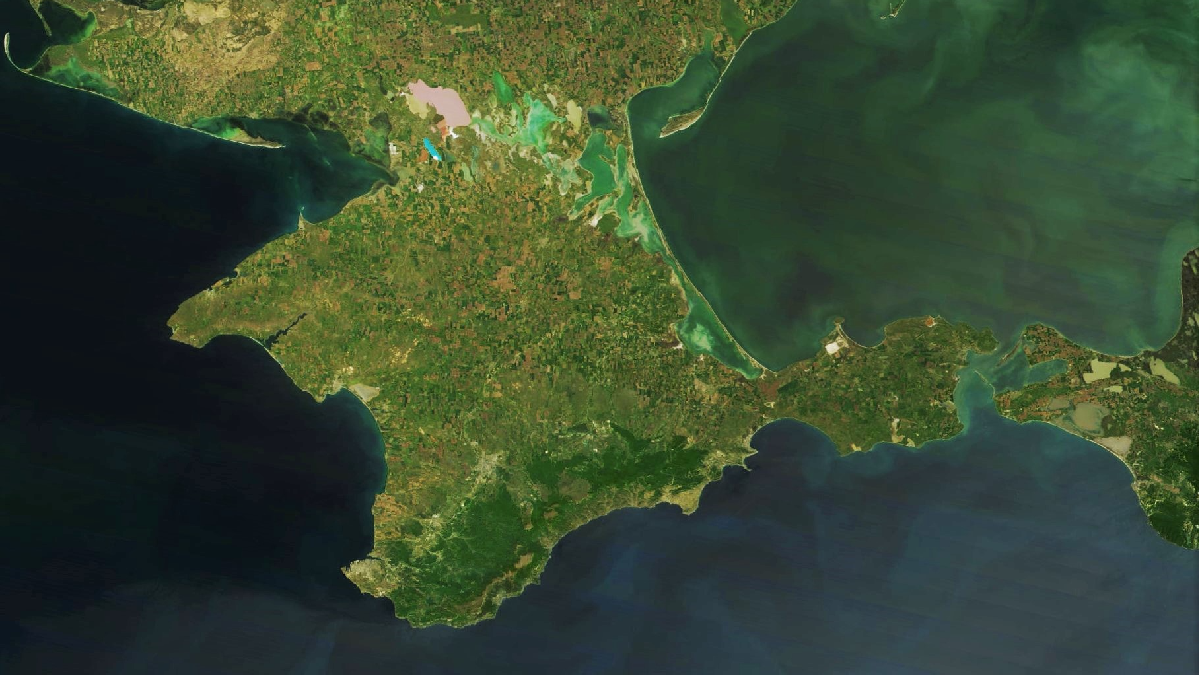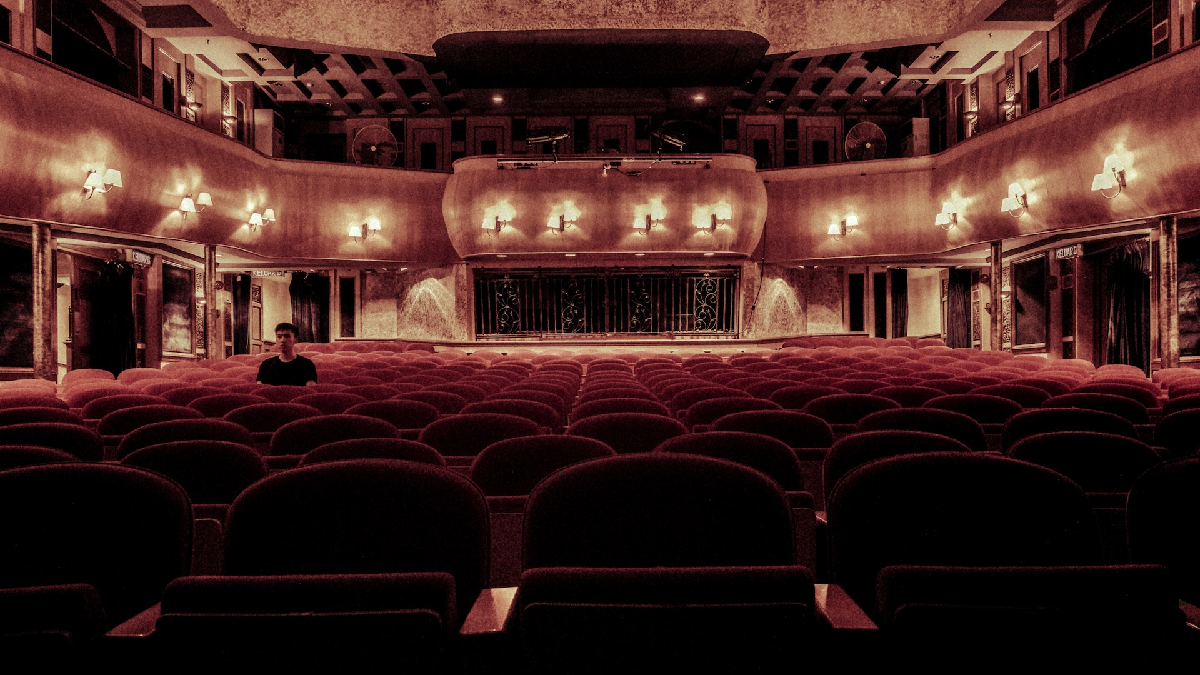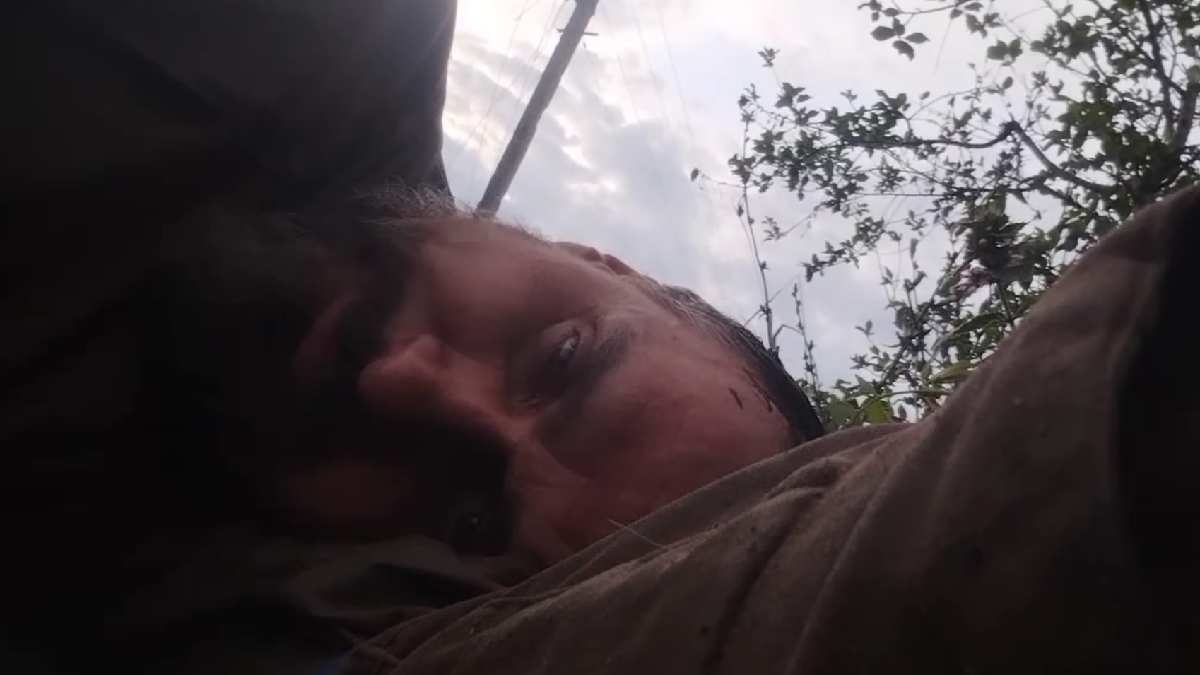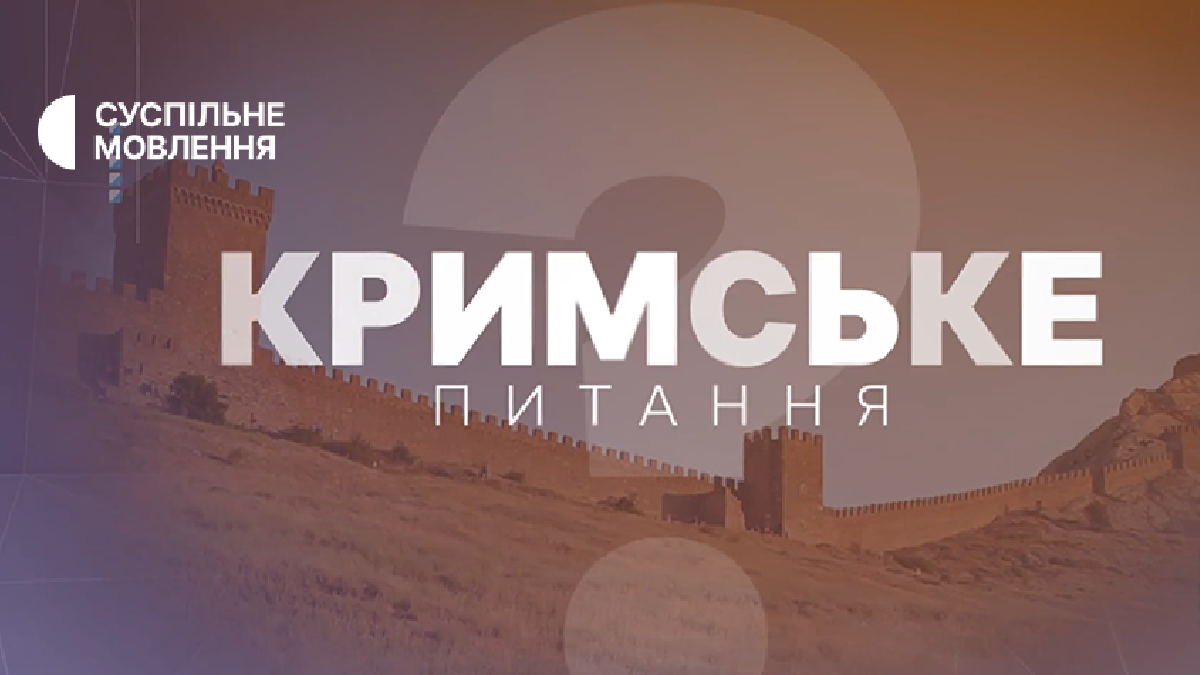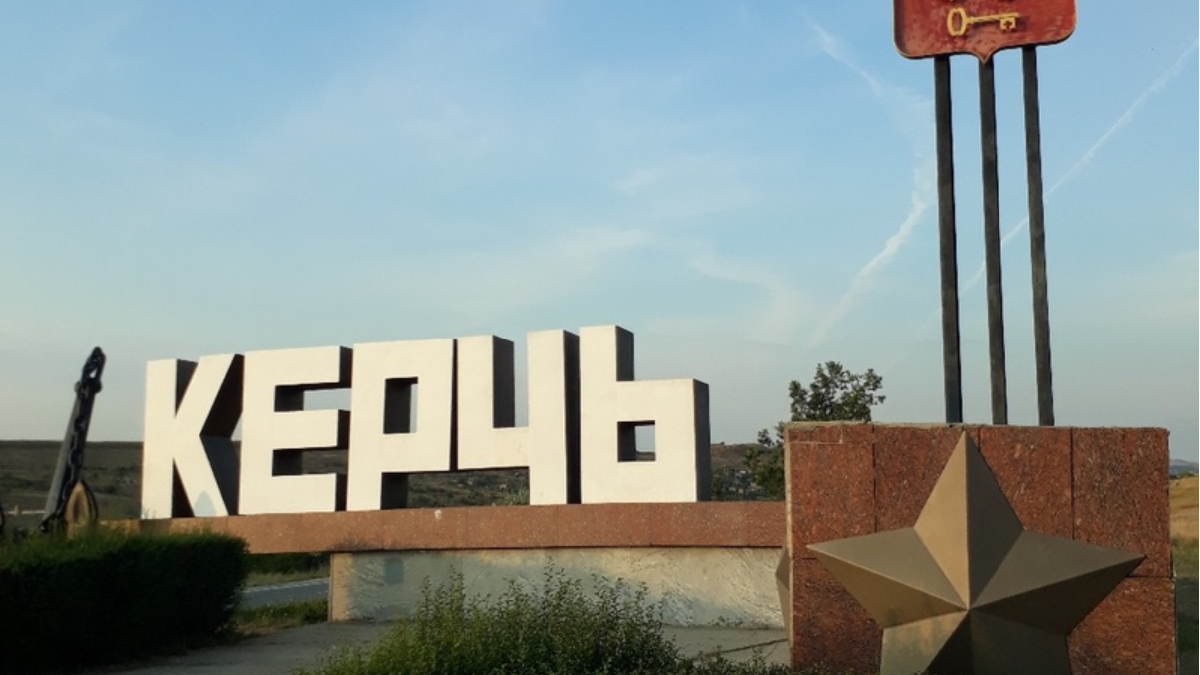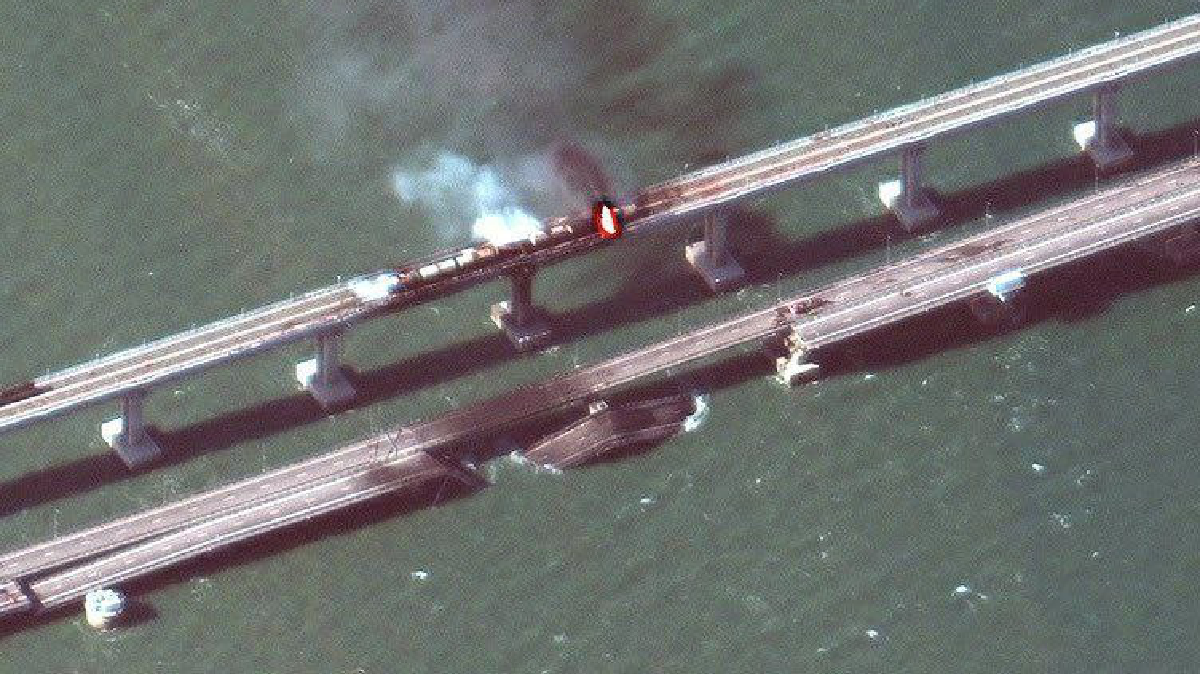Deprived of liberty: what does the presidential bill provide for?
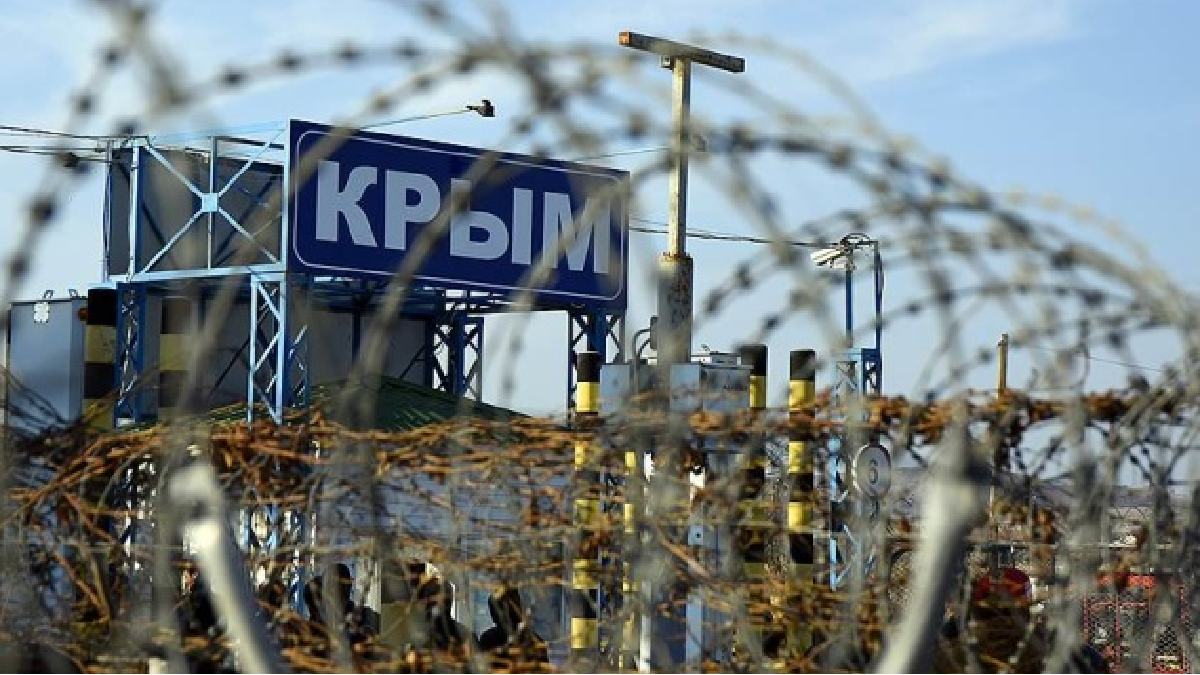
The President of Ukraine Volodymyr Zelenskyi submitted to the Verkhovna Rada a draft law “On social and legal protection of persons deprived of personal liberty as a result of armed aggression against Ukraine and members of their families”. According to the explanatory note, the adoption of the law should ensure the settlement at the legislative level of issues concerning the social and legal protection of hostages held in the territory of the Russian Federation and the occupied Ukrainian territories, as well as members of their families.
According to the website of the Verkhovna Rada, the bill was introduced by the President as urgent.
What will be the adoption of this document when political prisoners and their families receive assistance was discussed in the program "Theme of the Day" with Oleksandr Pavlichenko - Executive Director of the Ukrainian Helsinki Human Rights Union; Yusuf Kurkchi - former Deputy Minister for the Temporarily Occupied Territories and IDPs and Akhtem Chiygoz - People's Deputy of Ukraine, Deputy Speaker of the Crimean Tatar People's Majlis.
The executive director of the Ukrainian Helsinki Human Rights Union spoke about the current social assistance for the following people:
“The state protection system is currently working through the adoption of appropriate decisions and payments. Either it is an annual payment in the range of UAH 100,000 or the awarding of the Levko Lukyanenko Prize. I am a member of the expert commission for the award of the Levko Lukyanenko Prize. A regular meeting on awarding such a prize took place today. Another person was recommended to be awarded such a prize. We are now waiting to see if this will be enshrined in the relevant presidential decree".
In addition, he added that it is important to legislate the status of persons deprived of their liberty:
“When we talk about the general, about a large number of people who have such a status that they have been illegally imprisoned and they have become victims and need an appropriate social, medical, financial and other legislative response from the state, it is should be enshrined in the relevant status and the relevant procedure, which is prescribed in this bill and determines who falls under this definition and can receive such status. This should be ensured through the organization of the commission's work and, accordingly, through the approval of this status. That is, we must establish non-temporary support, as it is now, to support for one year those who are imprisoned and illegally detained in places of detention or in areas of Donetsk and Luhansk oblasts not controlled by Ukraine, in the occupied Crimea or even in the Russian Federation. They do not always reach the status of those convicted on political grounds, they are victims they suffer either as participants in an armed conflict who have also been deprived of their liberty as a result of capture, other acts, or they have become victims while being civilians in these territories and, accordingly, because of their civil position because they did not agree with the demands of the occupying power. In various forms, they have also been subjected to violence and would be deprived of their liberty in one way or another. This should be considered as a special status for this category of people".
According to Oleksandr Pavlichenko, these issues are now regulated by bylaws.
“Now this process is being systematized, which was scattered over a number of laws and bylaws. First of all, for all payments to be made in a lawful manner, it must be brought to the level of laws. And this is the basis for the submission of such a law and the motivation for its adoption by the Verkhovna Rada. This is done in such a way that already taking into account the experience of work and experience, certain tools of the mechanisms to create a single mechanism and in fact it will be fixed in the relevant register. This is a separate section in this bill, with how this procedural move will work with the establishment of this status through the work of the commission".
The bill provides for the establishment of a commission that will determine the range of persons receiving financial support. Up to 5 members of this commission will represent civil society. According to Oleksandr Pavlichenko, this commission should take into account the representatives of all state institutions, which should correct or enter information about such people. He also noted that a separate provision on this commission should be developed, which will define the procedure for forming the composition of this commission, determine what formal criteria who it should be. However, the procedure itself for the election and establishment of this commission will begin after the law is passed. Speaking about social benefits, Pavlichenko noted that the approach to them should be systematic:
“We say that such support should not be point-based and only for a certain period within one year. Prisoners - we now have more than 200 people officially recognized as prisoners - they have been in prisons for much more than a year. How to ensure their support, when today this support is limited to one year? This requires an instrument and a flexible mechanism for the commission to decide whether or not to continue payments, as justified and justified as possible, in order to provide legal support to those under trial and ongoing investigations. one year".
There were similar legislative initiatives during the previous convocation of the Verkhovna Rada, said Yusuf Kurkchi, former Deputy Minister for the Temporarily Occupied Territories and IDPs:
“A law enshrining the status of persons who have been illegally imprisoned was needed when this problem faced Ukrainian society in general. Unfortunately, the deputies of the last convocation failed due to objective or subjective reasons. One project, which was developed by the ministry and at the suggestion of MP Mustafa Dzhemilev, had 7 alternative bills and, unfortunately, the current struggle for the right to be the author of this project did not allow to resolve this issue. In this project there are specific provisions that will be reimbursed or specifically enshrined the right to legal aid, which also relates to certain costs incurred today by families whose heads are currently under investigation or criminal proceedings, etc. This is, on the one hand, an increase in assistance and, on the other hand, a question of how lawyers will receive compensation from the state in accordance with the laws that exist today. This is a bit problematic, i.e. the adoption of this law will entail practical changes in many legal acts".
Speaking about the timing of the adoption of the law and its practical implementation, Yusuf Kurkchi shared optimistic and realistic forecasts:
"Of course, I would like, understanding how important this problem is, for this law to work the next day or next week. If you are a realist, it is optimistic if he earns the amount in which it is prescribed, from the beginning of 2022. Knowing the procedural points that are associated with changes in regulations, bills that apply to other agencies, this optimism is not so much. In the most optimistic scenario, it will work from next year, but if we talk about changes to the budget, which should be submitted to parliament by the end of next month, then this budget should be separate lines that will relate to this bill. That is, a lot of work needs to be done during this month. If we do not see separate lines in the budget, then to say that the law will work from the new year is also not realistic. We will have to wait for changes to the budget after the first quarter of next year".
We asked Akhtem Chiygoz, a People's Deputy of Ukraine, Deputy Speaker of the Crimean Tatar People's Majlis, when the relevant committee of the Verkhovna Rada will consider this bill and what are the current forecasts.
“The bill has such a long way to go. I read it, but there are no subtleties, but there are general such necessary things. I think that after we in the committee consider it, I do not think that anyone will resist to take it as a basis and in general. I think that next session week on the committee, on Wednesday, we will probably consider".
Some proposals may be made during the consideration of the committee, one of which will be proposed by the Deputy Chairman of the Mejlis of the Crimean Tatar people:
“There are some nuances. I will also offer. We have cases when you were in prison, but there was no help from the state, not once, not for every year that you spent there. The law should regulate the protection of these Kremlin prisoners, so I will suggest that this law applies to such a group of citizens, and this is very important. It is good that they take into account all those who are now covered by the law, and what to do with those who were there in early 2014, was imprisoned and did not receive help, and there is still a very important nuance that was also offered we, as deputies, whatever the SSU decides, but a separate commission decides on the basis of the data that there are many sources that indicate that the person was imprisoned and there are documents in this regard.
According to the explanatory note, the implementation of the provisions of the draft Law is expected to be carried out at the expense of the State Budget of Ukraine, taking into account the existing budget programs for these persons, their family members. According to Akhtem Chiygoz, this should not be a stumbling block:
"These payments, which come from the state, they do not have such large costs that now it would be a stumbling block. I have not seen a budget article in this aspect yet, but I think it will not be such a big problem that our government will not be able to correct it. This political issue is the obligation of the state. We have passed all the laws concerning Crimea, and there have always been more than 300 votes, and I think it will be this time”.

